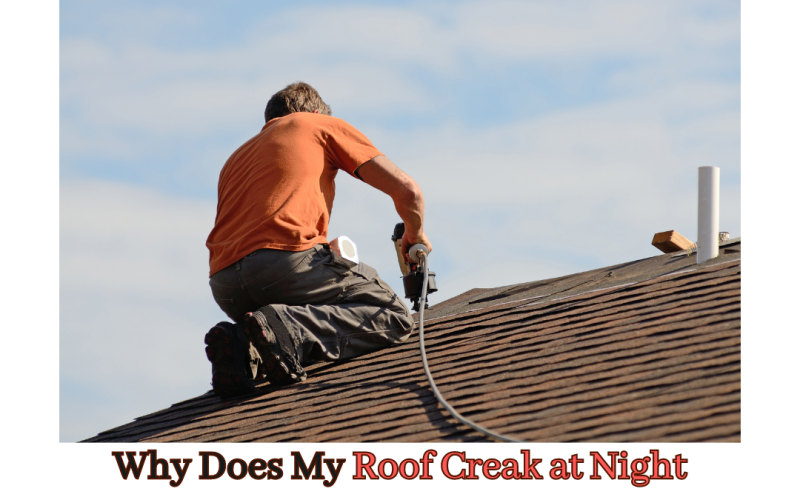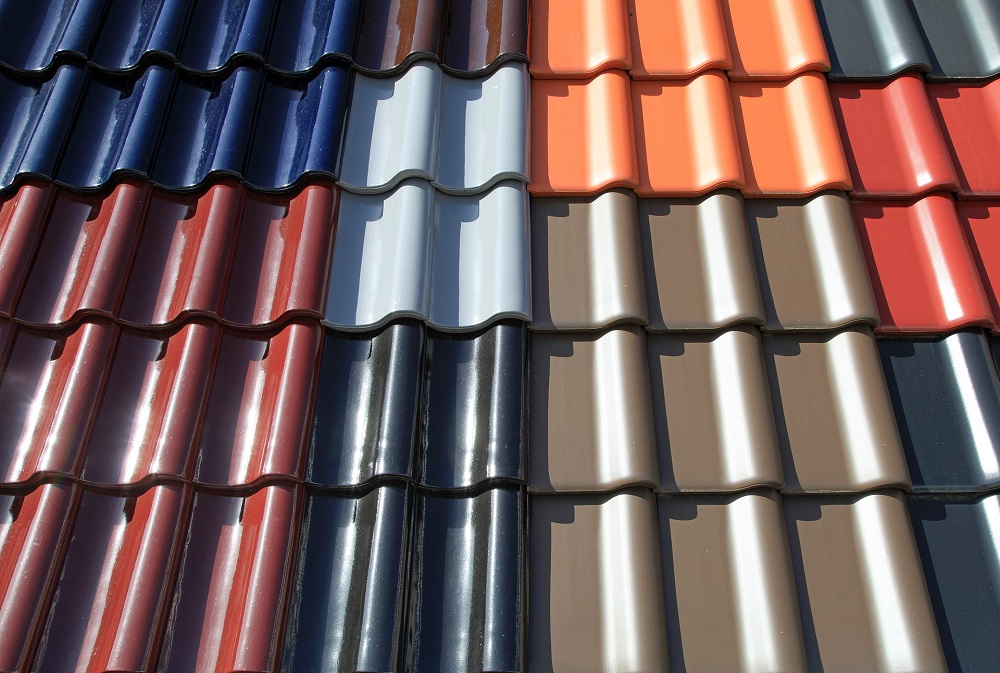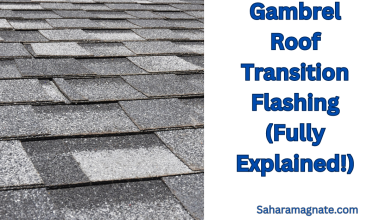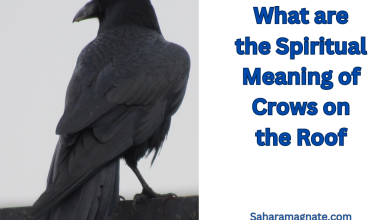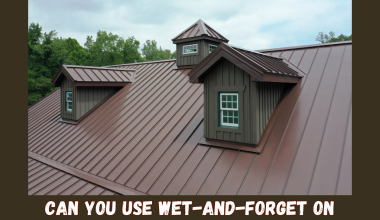Have you ever experienced a pesky creak coming from your roof as you’re trying to drift off to sleep? It can make anyone feel unsettled, so let’s dive into what might be causing the noise and what you can do about it.
We’ve all been there—creaks coming from the ceiling on a windy night. It’s enough to keep anyone up at night, wondering if they need to call a contractor in the morning.
But before you pick up the phone, let’s uncover what could be causing your roof to creak and what you can do about it.
It could be simple, like a loose shingle or something more serious, like an attic insulation or ventilation issue.
Don’t worry—there is likely an easy fix for whatever is causing that annoying noise. In this article, we’ll look at some common causes behind the creaks in your roof at night and how to solve them.
Why Does My Roof Creak at Night
Have you ever been lying in bed, trying to drift off to sleep, when suddenly a strange creaking noise comes from the roof at night? It may seem like your roof is alive, but rest assured—it’s not haunted.
You might ask yourself, “Why does my roof creak at night?” While it may seem like it should keep quiet, the truth is that most standard roofs will occasionally creak and squeak as they expand and contract due to temperature swings.
Most of these creaks and squeaks are normal and nothing to worry about. However, if you’re hearing more than your regular faint creaks and squeaks, that’s worth paying attention to—it could be a sign of a bigger problem.
Here are some possible causes of louder-than-normal creaking noises on your roof:
- Damage from Weather & Animals
Harsh weather, such as strong winds or hail storms, can damage shingles or tiles on a roof, resulting in creaking noises.
In addition, animals getting onto your roof and running around could also damage shingles or tiles and cause loud noises.
Animals such as rats and raccoons are likely culprits, as they’re known for making various sounds while they scuttle around up there.
They may be looking for a warm place to spend the night and walking on the boards of your roof, causing them to creak or squeak in protest.
If this is the case with your roof creakings, consider having a wildlife control expert inspect it to ensure everything is safe and sound.
- Foundation Settlement
A more severe structural issue is when your home’s foundation begins to settle over time. If your home’s foundation isn’t level, you may hear loud movements or cracking sounds coming from your attic as the structure shifts position or changes size with different temperatures outside.
Ultimately, while most standard rood creaks are nothing to worry about if you’re hearing something louder than usual, it could indicate a bigger problem that needs special attention.
- Temperature fluctuations
When your roof creaks at night, it could be due to temperature-related issues. As the temperature outside changes, so does the temperature of the roof.
During the day, as temperatures change due to the sun, your roof expands and contracts.
When it gets colder at night, the roof can start to shrink and contract, causing gaps and cracks in the materials. This can lead to movement and creaking noises as parts of the roof rub against each other.
If there are expansion joints in your roof, they can also start to make noises as they try to expand and contract with the changing temperatures.
The gaps in them can allow airflow, which causes a whistling or creaking noise—it’s not exactly pleasant! This is entirely normal, as your roof adjusts to the changing temperature.
And don’t forget about ice dams—they can cause problems like water leaks and cracking shingles. Ice dams occur when snow accumulates on your roof and melts during the day, then freezes again at night when temperatures drop.
This process repeats over time and causes cracks or breaks in your shingles or other materials, leading to a creaky roof at night.
You’ll want to take steps to prevent ice dams from forming on your roof—for instance, keeping the attic well insulated so that heat does not escape into your attic space will help prevent ice buildup on your roof.
Additionally, ensuring that your gutters are cleaned regularly is essential for preventing ice buildup on your roof.
- Loose Nails and Screws
Do you hear creaking sounds on your roof at night? It could result from improperly secured roof components, such as loose or missing screws.
This can happen when, for example, the nails that hold down the shingles aren’t properly installed or have worn out over time.
If the temperature has fluctuated recently, some roofing nails may have become loose. This can cause them to move slightly every time the roofing materials bend due to the temperature changes, resulting in creaking noises.
The most common reasons for this might include the following:
- Improperly secured roof trusses, which are either not nailed securely to the rafters or not attached appropriately
- Loose flashing around vents and other parts of the roof
- Worn out or missing nails, screws, and/or bolts
- Rotted wood around joints
- Warped plywood panels due to moisture damage
It’s always best to check with a qualified roofer if you’re worried about your roof’s health and safety.
They can inspect it and ensure all components are secure, so you don’t have to worry about creaking noises at night.
Maintenance & Solutions to Fix Creaky Roofs
You may be wondering why your roof is creaking at night. Unfortunately, roof creaks are typical and can be caused by several things — from normal aging and wear and tear to poor installation or pests.
Maintenance
For roof maintenance, being proactive is vital in avoiding creaky roofs for years. Here are some simple things you can do:
- Inspect your shingles at least twice a year to spot any loose areas.
- Ensure all your gutters and downspouts are clean and debris-free so they can drain properly.
- Remove any vegetation (i.e., tree branches) that has grown close to the roof. This can cause moisture build-up in certain spots.
- Check for any animal damage—critters like squirrels and raccoons love to make nests in attics or roofs!
Solutions
If your roof is still creaking despite maintenance efforts, there are some solutions you could try:
- You could hire a professional to inspect the entire roof structure and ensure there’s no structural damage or anything else they spot that could be causing problems.
- If you want a more hands-on approach, try tightening any loose nails on the shingles with a pair of pliers or tapping them down with a hammer if they look rusted out.
- And finally, replacing the entire roof may be necessary if all else fails—but this should only be done when necessary!
- Contact a pest removal service immediately, as animals can cause serious damage to your home over time.
Conclusion
There are various reasons why your roof may be creaking at night. These can range from normal and mundane factors like temperature changes to more severe issues such as structural damage or degradation.
It’s essential to inspect your roof, either by yourself or with the help of a professional. If there is any sign of damage, it is even more critical to get it sorted out quickly.
If left unchecked, even seemingly minor issues, such as a creaking roof, can quickly become more serious, leading to expensive repair bills.
So ensure to check your roof regularly and rule out any potential problems before they arise.
